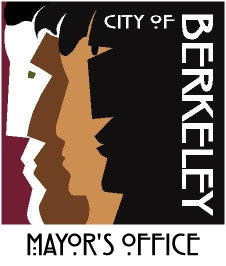Berkeley Approves New Financial Opportunities to Promote Worker Cooperatives
September 25, 2019
(Berkeley, CA) – Businesses that are at risk of closure because their owner is retiring or putting the business up for sale are now eligible for the City’s Revolving Loan Fund (RLF) for the purpose of converting them into worker cooperatives, thanks to a unanimous vote of the Berkeley City Council last night revising the RLF policy. This will help the workers acquire and democratically own and operate the business, keeping it rooted in Berkeley and elevating the jobs and wealth-building opportunities provided to its employees.
“Worker cooperatives are an essential part of our city’s economy and by helping lift them up we can develop new opportunities to promote these unique Berkeley institutions” said Mayor Jesse Arreguín. Arreguín has long championed worker cooperatives, introducing a package of reforms in 2016 as a Councilmember to promote and support worker cooperatives.
The Sustainable Economies Law Center (SELC) worked with Berkeley’s Office of Economic Development on the latest proposal. This comes after a report by Project Equity revealed that half of business owners in the United States are considering transitioning within the next five years, with 85% having no succession plan, and a third planning to close down altogether.
“The changes the Council have adopted will make it possible for more workers to become owners of the companies they helped build, elevating the quality of their jobs and saving businesses from closure” said Sara Stephens, Housing and Cooperatives Attorney for the SELC. “These amendments will certainly prove widely influential, as cities around the country are looking to Berkeley as a model for how cities can prioritize worker cooperatives and more equitable local economies."
Worker owned cooperatives make vital contributions to Berkeley’s local economy. Owned and run by employees, these businesses often provide higher wages, benefits, professional development, job security, and upward mobility for low to moderate income people. Just as importantly, these small businesses provide a diversity of locally owned services that become valuable community assets. In the City of Berkeley there are a number of worker cooperatives that have become part of the community’s fabric such as The Cheese Board Collective, Biofuel Oasis and Missing Link Bicycle Cooperative.
